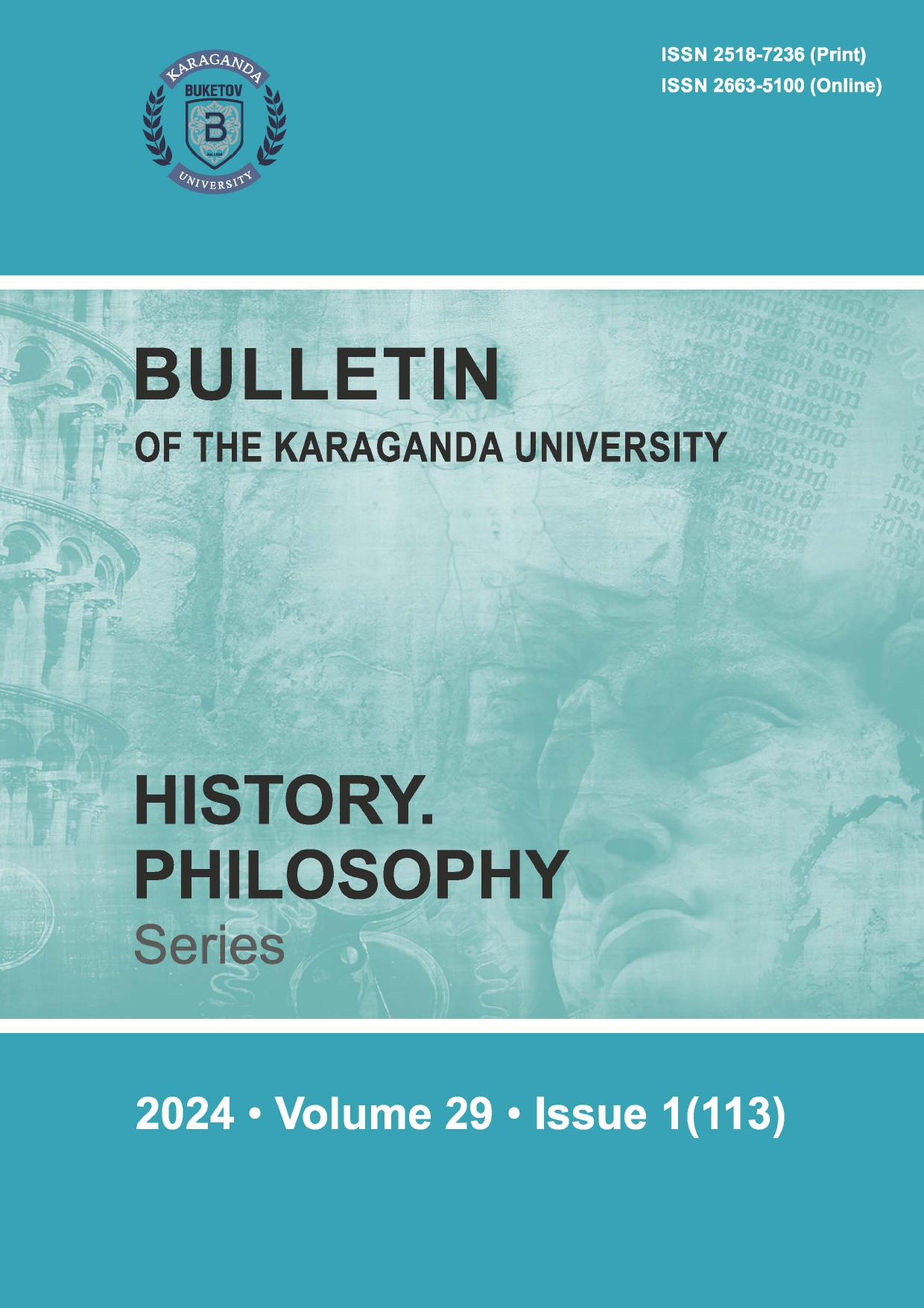Ethnocentrism and barriers of intercultural communication in outbound tourism
DOI:
https://doi.org/10.31489/2024hph1/149-150Keywords:
intercultural communication, ethnocentrism, barriers, tourism, social norms, the phenomenon of “friend or foe”, tourist, travel agencies, recreation areas, servicesAbstract
Until recently, questions about creating a friendly environment for interaction between tourists and countries or regions with distinct religious and cultural characteristics remained insufficiently explored. However, in recent years, we have observed changes in approaches to this issue, particularly in the context of intercultural communication. In this article, we present the results of research on the external market of tourism services, taking into account aspects of intercultural communication related to the activities of tourism companies. During the research, various forms of ethnocentrism were identified, and its impact on the tourism market, both positive and negative, was examined. This creates certain barriers to intercultural relations. To identify positive and negative aspects that may affect the achievement of goals, we conducted an expert survey among specialists working in tourism companies from different countries, as well as among the leaders of Kazakhstani travel agency “Kaztour” and tour operator “Fun & Sun Kazakhstan”, and their partners. We also analyzed the level of relationships between tourists and employees of travel agencies. The article also identifies barriers existing in outbound tourism and their manifestations, including indicators of barriers between regions depending on the place of residence of Kazakhstani tourists in the context of outbound tourism. Additionally, acquiring skills in intercultural communication contributes to the successful training of personnel for working with tourists in the tourism industry, as well as in the design and implementation of tourism services and facilities.




